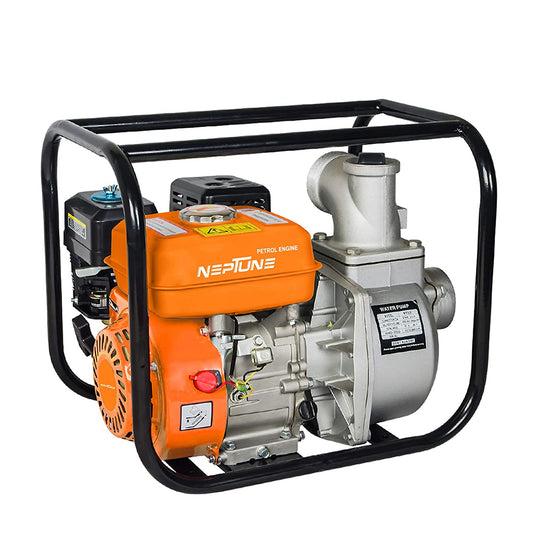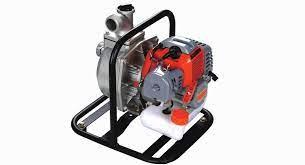Water is an essential resource required for the survival of all living beings. In modern society, water is used for various purposes, including drinking, irrigation, sanitation, and industrial processes. With the growing population and increasing demand for water, it has become essential to have a reliable and efficient water supply system. One of the critical components of this system is the water pump.
A water pump is a device used to transport water from one location to another. It works by creating a pressure difference, which causes the water to flow from an area of high pressure to a place of low pressure. Water pumps are used in various applications, including residential, commercial, and industrial settings.
In residential settings, water pumps are commonly used to supply water to homes that are not connected to a municipal water supply. These homes rely on wells or other water sources, and the water pump is responsible for transporting the water from the start to the house. In addition, water pumps are also used in residential settings for irrigation purposes, such as watering lawns and gardens.
In commercial settings, water pumps are used for a variety of purposes. For example, they are used in hotels and resorts to supply water to guests and in office buildings to supply water for drinking and sanitation purposes. Water pumps are also used in agricultural settings to irrigate crops and provide water for livestock.
In industrial settings, water pumps are used for various purposes, including cooling systems, boiler feedwater, and wastewater treatment. These pumps are typically designed to handle large volumes of water and operate under high pressure and temperature conditions. In addition, water pumps are used in the oil and gas industry to transport oil and gas from one location to another.
One of the significant benefits of water pumps is their ability to provide a reliable and consistent water supply. With water pumps, it would be easier to transport water over long distances and to higher elevations. Water pumps also play a critical role in emergencies, such as natural disasters and power outages, where access to a reliable water supply is essential.

However, it is essential to note that water pumps can also hurt the environment. For example, they can deplete groundwater resources and contribute to soil erosion. In addition, water pumps can consume a significant amount of energy, contributing to greenhouse gas emissions and climate change.
In conclusion, water pumps are an essential component of modern society, and their importance cannot be overstated. They play a critical role in ensuring a reliable and consistent water supply for residential, commercial, and industrial applications. However, it is essential to use water pumps responsibly and to minimize their impact on the environment. With the right balance between efficiency and sustainability, water pumps can continue to provide a valuable service for generations to come. If you want to learn more about water pumps, we invite you to visit our website, Online Plant Store.
